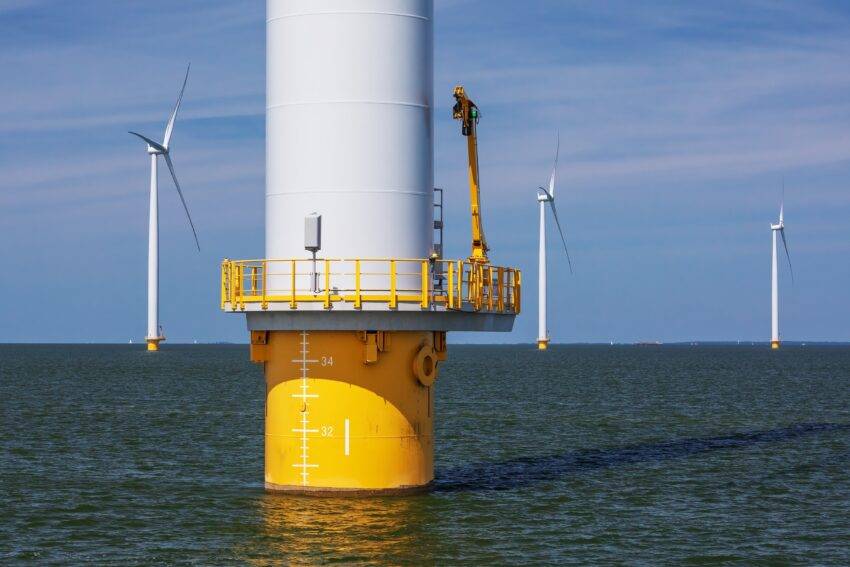
Britain must accelerate the construction of offshore wind farms threefold to meet its crucial decarbonisation targets, according to a leading think tank, the Institute for Public Policy Research (IPPR).
The government has set an ambitious goal of achieving 50 gigawatts (GW) of offshore wind capacity by the end of this decade, a significant increase from the current 15GW. However, IPPR’s analysis suggests that, at the current rate, the target will not be reached until 2048.
Increasing offshore wind capacity is essential to meeting the government’s objective of decarbonising the electricity system by 2035. Labour has set an even more ambitious target of achieving net zero by 2030.
Despite having one of the most mature renewables industries globally, Britain has fallen behind other European nations in developing the manufacturing capacity for key wind supply chain components. The IPPR report claims that if Britain had fully exploited its potential for wind installation, it could have generated an additional £30 billion between 2008 and 2022, matching the efforts of countries like Spain and Germany.
Simone Gasperin, an associate fellow at IPPR, commented: “The UK has missed out on becoming a world leader not just in wind power but also in wind manufacturing. This has cost thousands of jobs, billions for the economy, and is putting future net zero targets for wind deployment at risk.”
To reduce import dependence and revitalize its manufacturing industry, the UK needs to produce more wind components domestically. The think tank recommends the construction of at least one additional blade factory, two nacelle and tower factories, and two extra foundation factories within the next five years.
An investment of £3.2 billion in British manufacturing facilities could create tens of thousands of direct and indirect jobs, particularly benefiting small and medium-sized businesses, according to IPPR.
The urgent need for Britain to step up its offshore wind efforts is not just about meeting environmental targets but also about maintaining economic competitiveness and securing energy independence. As other European countries forge ahead, the UK must act swiftly to ensure it does not fall further behind.